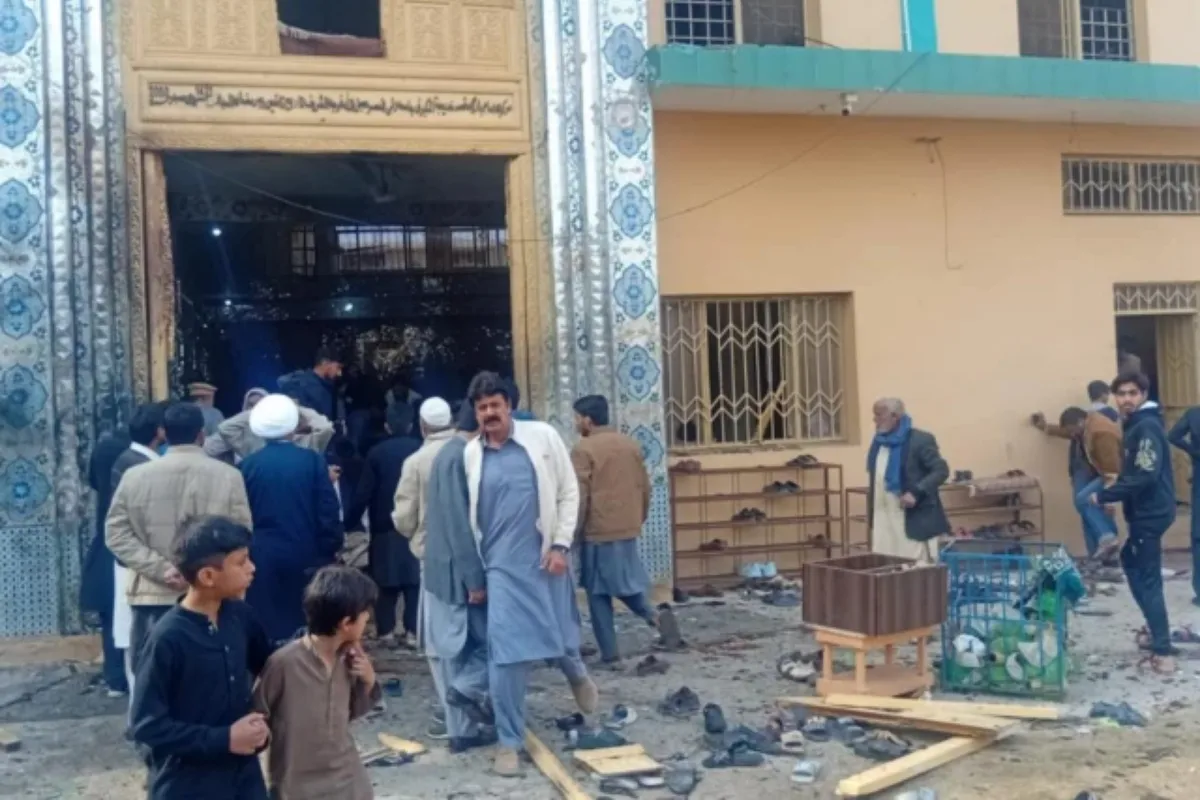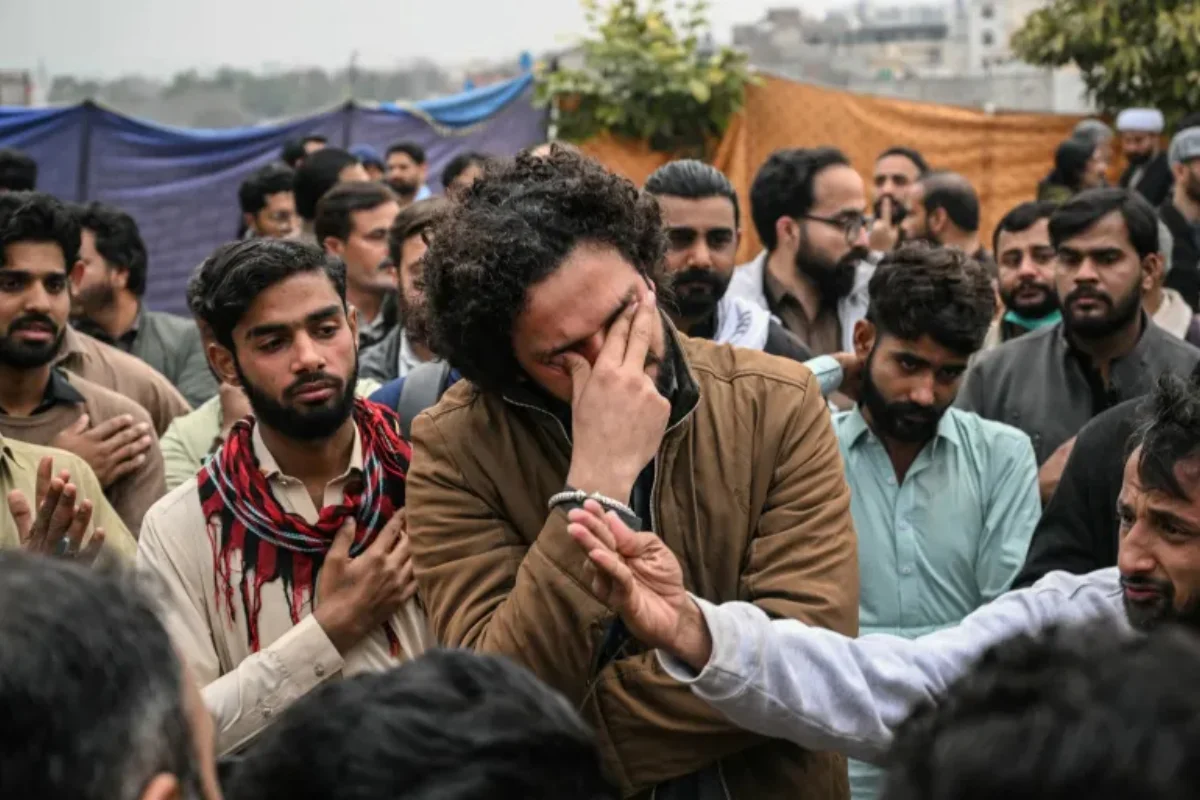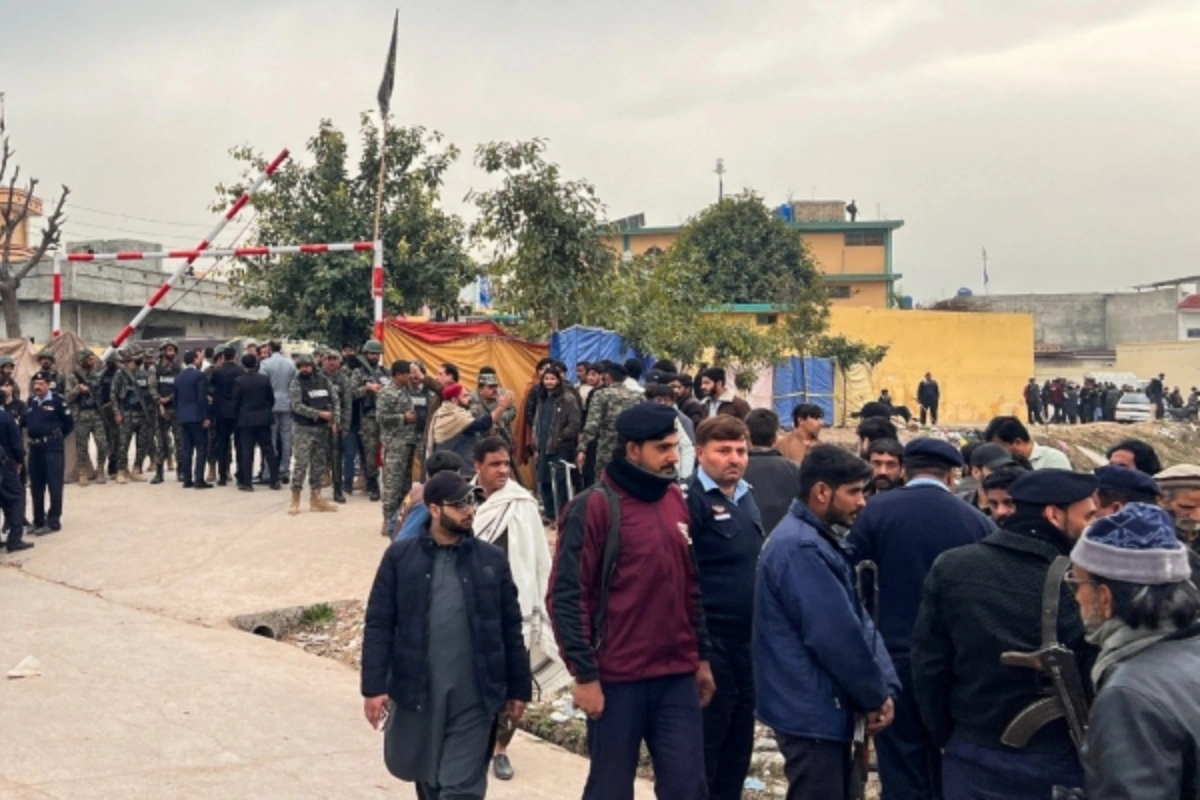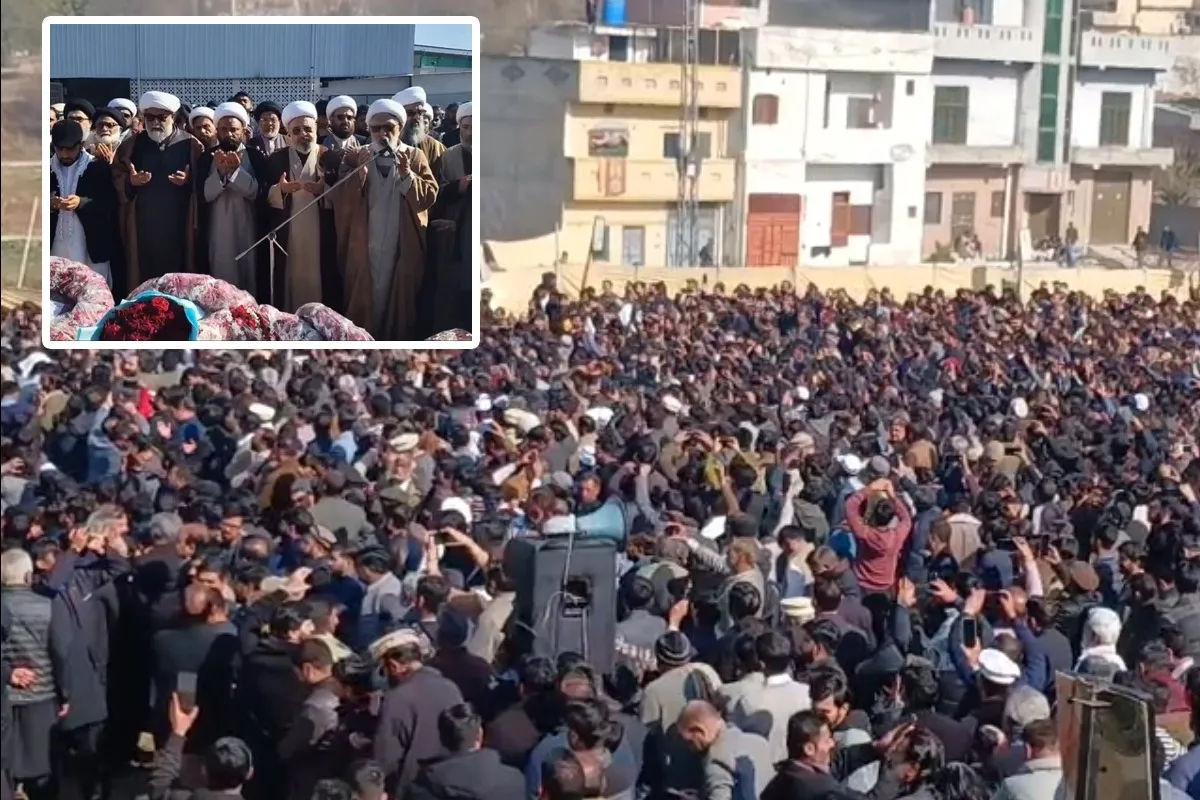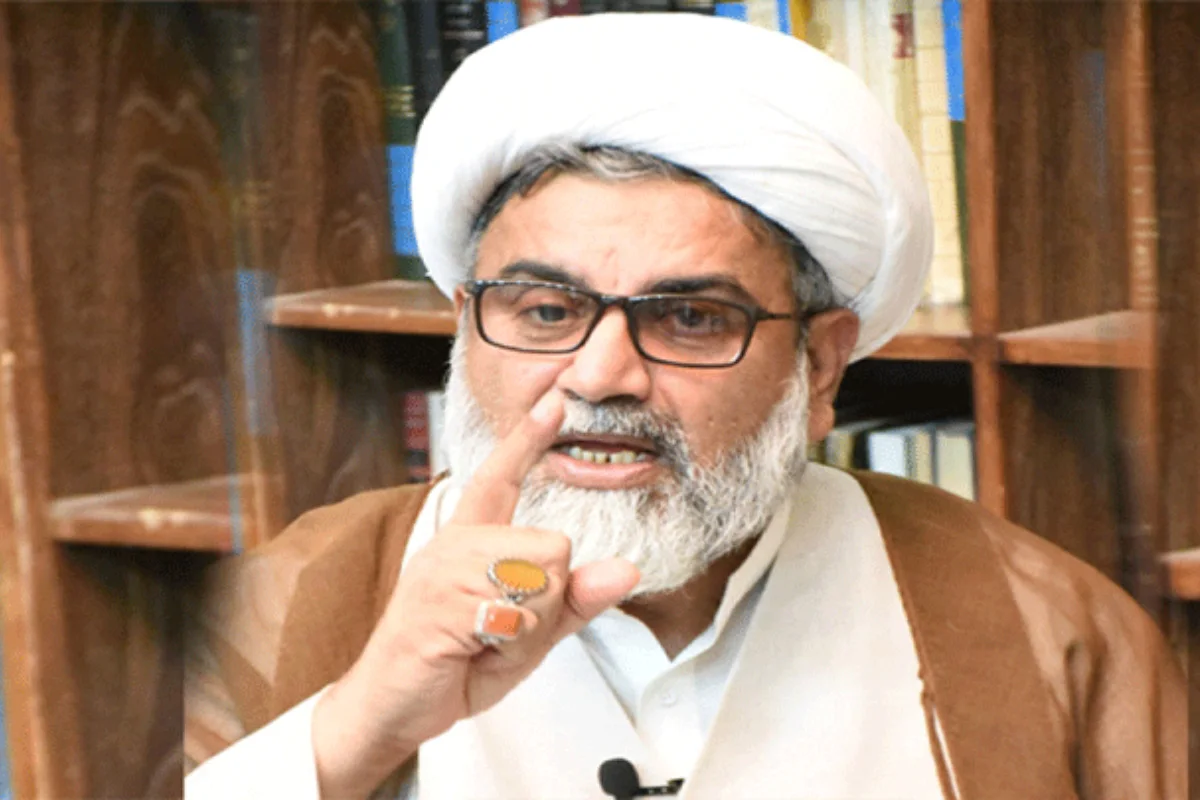Pakistan recommends flexibility to break stalemate in UNSC reform
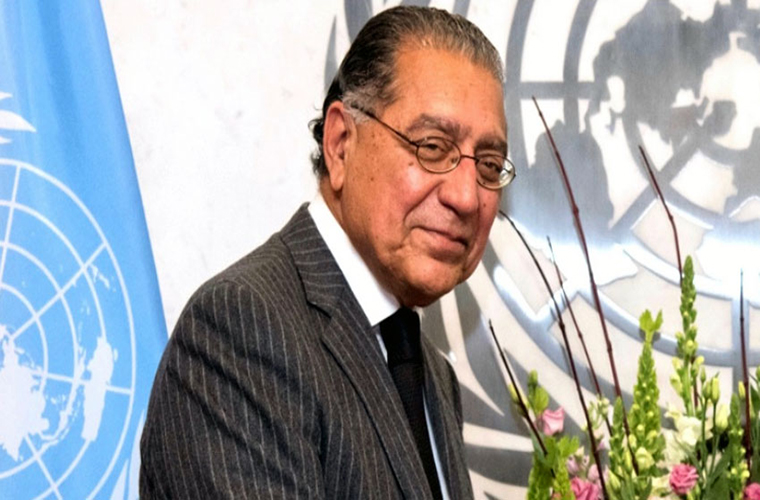
Pakistan recommends flexibility to break stalemate in UNSC reform.
Ambassador Munir Akram at United Nations called for flexibility to achieve the required consensus among all United Nations’ member states.
He emphasized the need to break the impasse in the long-running negotiations to restructure the UN Security Council.
Pakistan recommends flexibility to break stalemate in UNSC reform
His statement came while the Inter-Governmental Negotiations (IGN) resumed on Monday.
The IGN aim at making the 15-member Council more effective, representative and accountable.
“The principle and the single most important requirement is flexibility on part of all groups and all member states, to try to accommodate each others’ positions.”
“It is only by building consensus that we can breathe new life in the IGN process,” the Pakistani envoy told delegates, amid continuing campaign by the so-called Group of four — India, Brazil, Germany and Japan — for permanent seats at UN’s high table.
Ambassador Akram said that Pakistan, which is a member of the Uniting for Consensus (UfC) group, remains firmly opposed to additional permanent members in an enlarged Security Council; but, seeks expansion in the two-year non-permanent category.
No to enlarging the centers of privilege
“We do not believe in enlarging the ‘centers of privilege’ through the permanent membership of the Security Council, which was the subject of objection by many members,” he said, noting that they had caused major impediment to efficient functioning and decision-making in the Council.
“Expansion in the permanent membership would not be a solution to the legitimacy and effectiveness of the Security Council,” the Pakistan envoy said.
“As we have said before, the problem cannot be the solution.”
Furthermore, he said the UfC group remained committed to an equitable enlargement of the Security Council.
Particularly, to enlarging the representation of those regions, which are underrepresented and have been historically discriminated against during the course of history.
Earlier, full-scale negotiations to reform the Security Council began in the General Assembly in February 2009 on five key areas.
They include: the categories of membership, the question of veto, regional representation, size of an enlarged Security Council. Moreover, they include working methods of the council and its relationship with the General Assembly.
UN reform process
Despite a general agreement on enlarging the Council, as part of the UN reform process, member states remain divided over the details.
The G-4 have shown no flexibility in their push for expanding the Council by 10 seats, with six additional permanent and four non-permanent members.
On the other hand, the UfC group has proposed a new category of members — not permanent members — with longer duration in terms and a possibility to get re-elected.
The Security Council currently composed of five permanent members.
They include: Britain, China, France, Russia and the United States.
Moreover, 10 non-permanent members elected to serve for two years.
In his remarks, Ambassador Akram underscored the need for consensus among the membership of the UN General Assembly.
He suggested this in order to have the ability to affect the Charter amendment.
That requires adoption through large majority as well as all permanent members of the Security Council, to accomplish the reform.
Catch all the Pakistan News, Breaking News Event and Trending News Updates on GTV News
Join Our Whatsapp Channel GTV Whatsapp Official Channel to get the Daily News Update & Follow us on Google News.



